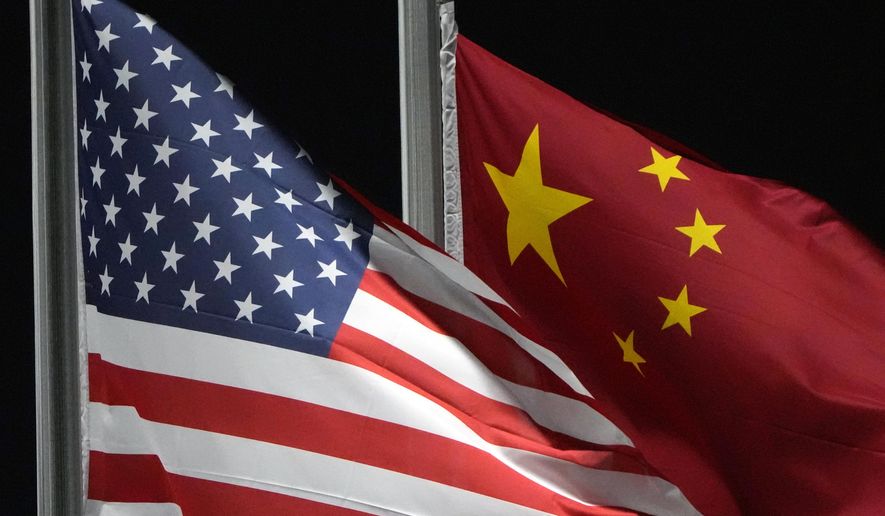A recent academic study has found that a growing number of American-trained researchers of Chinese nationality have relocated from the U.S. to mainland China as tensions between the two nations worsen.
In the study released last week, the Asian American Scholar Forum reported that the number who dropped their U.S. academic or corporate affiliation jumped by 23% from 2020 to 2021. The total included both early-career scientists and tenured professors.
Based on an analysis of author data in academic journal papers, the study identified nearly 1,500 scientists and social scientists who started their careers in the U.S and switched to Chinese addresses last year. The largest outflows were in engineering, computer science, mathematics and the physical sciences.
The authors of the study attribute the exodus to the China Initiative, a Trump-era national security crackdown on academic and economic espionage that the Biden administration ended in February. Since the initiative started in 2018, it found that the number of academics moving to China has increased by 40%.
“It is clear from our research that the impact of the chilling effect from the China Initiative is far from over,” said Yu Xie, a Princeton University sociology professor who co-wrote the report with colleagues from Princeton, Harvard and MIT.
Some scholars said Chinese government investments in mainland universities and scientific research could also be a draw for many academics returning to China.
“I have a problem with the attempts, largely by innuendo, to link Chinese movements back to the mainland to the China Initiative,” said Robert Heineman, a retired political science professor at Alfred University in New York. “It seems clear to me that the mainland has become a much more attractive place to live and work over the past three decades.”
Still another factor could be the shuttering of U.S. academic centers funded by the Chinese government, which employed many Chinese scholars at American schools until recently.
According to a June report from the conservative National Association of Scholars, U.S. national security concerns have forced 104 Confucius Institutes sponsored by China’s communist government to either close or reopen under new names. Only 18 of the programs were still operating on U.S. campuses, with several more under review or set to close.
Ronald J. Rychlak, a law school professor and former associate dean at the University of Mississippi, said there are several reasons for increased tension between the two nations that have nothing to do with former President Trump.
“Part of this may stem from anger about the spread of the COVID virus, but there is also legitimate concern about spying and political activity by university-based Confucius Institutes,” Mr. Rychlak said.
The migration of Chinese academics comes as recent trends show fewer Chinese nationals pursuing doctorates at U.S. institutions.
The Council of Graduate Schools reported earlier this month that India passed China last year as the leading exporter of graduate students to the U.S.
From fall 2020 to fall 2021, the council found in an annual survey that graduate program applications from India increased by 36% — well above the previous 5% high for a yearly increase dating back to 2016. Over the same period, new applications from Chinese students dropped by 16%.
As more Chinese students stay on the mainland for graduate school, last week’s study suggests Chinese academics in the U.S. will have fewer students to recruit for their programs.
In an accompanying survey of more than 1,300 Chinese-born U.S. faculty members, 86% told the Asian American Scholar Forum it was harder to recruit top international students than five years ago.
Conducted between December and March 2022, the survey found that 61% of Chinese professors felt pressured to leave the U.S. Another 70% said they no longer felt safe working in the U.S. as academic researchers.
The study quoted one anonymous respondent, the recipient of a National Science Foundation award, who said he quit his academic job because of an “anti-Chinese atmosphere.”
“What I ha[ve] experienced not [only] ruined my academic career, but also destroyed my American dream,” the professor wrote.
• Sean Salai can be reached at ssalai@washingtontimes.com.




Please read our comment policy before commenting.